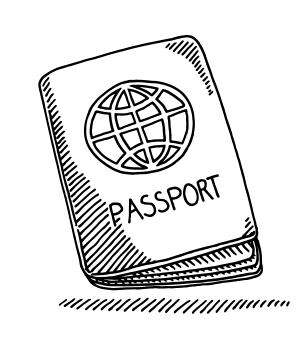[Update January 2018: Read the new article, Summer Law Programs for Incoming LL.M. Students]
An increasing number of law schools in the United States and Europe now offer specialized summer law courses for lawyers interested in broadening their expertise and improving their language skills. Though many such programs are designed to prepare lawyers for their LL.M., some courses also appeal to students who are not ready or interested in taking an entire year off to study.
One of the most common summer courses available are introductory courses in US law for foreign lawyers, many of who plan on taking a full-time LL.M. course in the United States. Some courses such as those offered at the University of Southern California (USC), Penn, Vanderbilt, Illinois and Northwestern utilize the generally relaxed summer months to teach introductory US law and improve the English skills of foreign lawyers and pre-LL.M. students. Such courses also provide a useful introduction to how US law schools operate.
"Our summer law classes are taught by our law school professors, so this gives students the opportunity to get used to American law school classes and they also get a sense of what can be expected for their Master's program," says Misa Shimotsu, who directs the Summer Law and English program at the USC Gould School of Law.
"It also benefits those who do not continue their legal studies in the United States as they are able to build a foundation of the American legal system and get a snapshot experience of an American law school, adds Shimotsu.
Summer programs are also available in the United Kingdom and Europe. Two US law schools Boston University and Georgetown host introductory courses in US law in London each summer. Another course is the Columbia Summer Program, a longstanding partnership between Columbia University, Leiden University and Amsterdam University that hosts month-long introduction to US law in the Netherlands each year. The Summer School of English Legal Methods at Cambridge University has similar aims, but is catered to students planning to study or practice in the United Kingdom.
There are also a number of programs for students who want to go deeper into a particular field of law, such as the International Commercial Law LL.M. program at UC Davis. Many law school summer programs also give US lawyers and law students the chance to study abroad. The International Human Rights Law program, presented jointly by Oxford and George Washington University, is one such program. Other specialized summer courses abroad include Cornells Paris Summer Institute, the Summer Course in EU Law at Kings College London, and the GWU and Santa Clara Intellectual Property Law summer courses in Munich.
Naturally, many prospective students may question the value of taking a few months out of their busy lives to participate in a summer program, not to mention the tuition and travel expenses. This is particularly true for students who are not taking the summer courses as preparation for their full-time LL.M. course. Apart from deepening knowledge, improving ones legal English, or learning more about US law, are there any other concrete benefits from taking a summer course?
For incoming LL.M. students, an extra month or two to adapt to the cultural and social life at a law school is usually welcome. And for those considering their career, summer courses can send a positive message. While it may not single-handedly land you the dream job when you return home, summer courses can show prospective employers or admissions boards a motivation to study abroad, branch out and acquire new skills and expertise.
"I believe that any supplemental program, English or otherwise, is beneficial to one's resume," says Shimotsu. Enrolling in any programs which prepare students for their masters level courses shows initiative and ambition.
Image: "Agadir Beach Sunset (Summer time)" by Hatim.laajini / Creative Commons (cropped)










